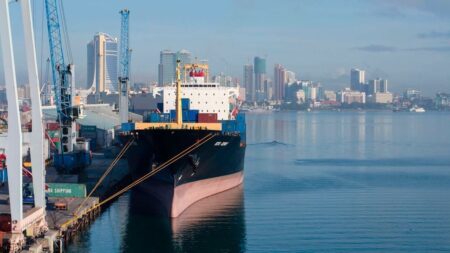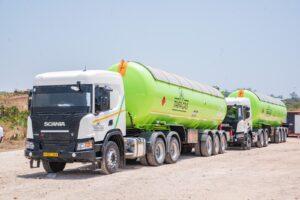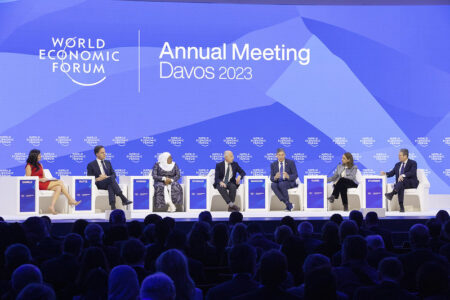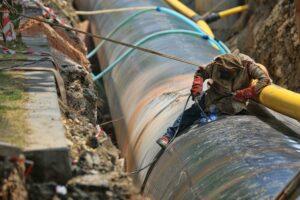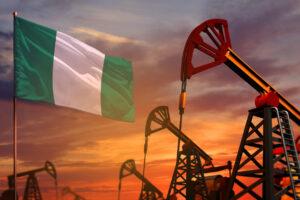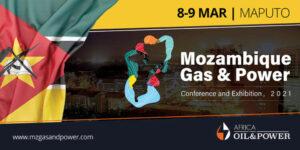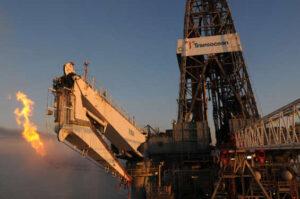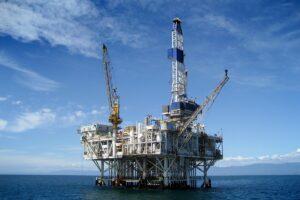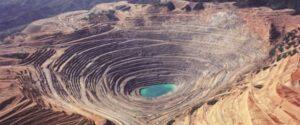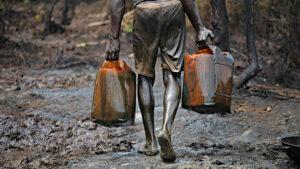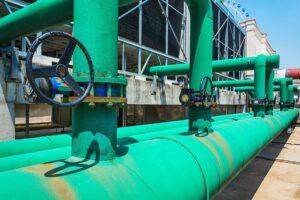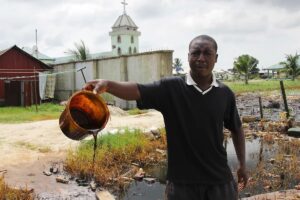- Africa’s $824Bn debt, resource-backed opaque loans slowing growth — AfDB
- LB Investment brings $1.2 trillion portfolio display to AIM Congress spotlight
- AmCham Summit kicks off, setting course for robust future of US-East Africa trade ties
- Why the UN is raising the red flag on the UK-Rwanda asylum treaty
- Portugal’s Galp Energia projects 10 billion barrels in Namibia’s new oil find
- Wärtsilä Energy offers tips on how Africa can navigate energy transition and grid reliability
- Powering Africa: Africa’s Path to Universal Electricity Access
- Global investment trends at AIM Congress 2024: a spotlight on the keynote speakers
Oil&Gas
- Tanzania has offered the Uganda National Oil Company (Unoc) to use the Dar es Salaam port for oil importation.
- This presents a strategic alternative amid the ongoing importation stalemate between Uganda and Kenya.
- The legal dispute between Uganda and Kenya over oil importation policies is pending before the East African Court of Justice (EACJ), with indications that Uganda may withdraw the case.
Tanzania has stepped forward with an enticing proposition that Kampala finds hard to ignore, especially regarding the ongoing deadlock in Nairobi-Kampala oil imports.
Tanzania has extended an offer to the Uganda National Oil Company (Unoc) to utilise the Dar es Salaam port for its fuel importation needs. This development comes as Uganda explores alternatives in response to Kenya’s steadfast position on Kampala’s oil importation demands.
Uganda’s grievance at the East African Court of Justice (EACJ) remains pending amid these unfolding events, casting a shadow of uncertainty over …
- The Uganda National Oil Company (UNOC) is directly importing petroleum products from Vitol Bahrain, aiming to reduce reliance on Kenyan firms and mitigate high fuel prices.
- UNOC’s direct importation and sale of fuel to OMCs in Tanzania and Uganda is a significant step towards fostering stronger regional ties, promoting economic growth, and ensuring energy security.
Uganda National Oil Company (UNOC) has started the sale of petroleum products to oil marketing companies in both Uganda and Tanzania.
This is part of a broader strategy to test the waters before UNOC embarks on a direct importation agreement with the global oil titan, Vitol Bahrain. This maneuver signals a new era in East Africa’s energy dynamics, especially following a cooling of relations between Uganda and Kenya over fuel supply mechanisms.
Breaking New Ground: Uganda National Oil Company Direct Importation Deal
For years, Uganda’s fuel supply chain was heavily dependent on Kenyan OMCs. However, …
- Taifa Gas broke ground at the Dondo Kundu Special Economic Zone next to the Port of Mombasa last Friday
- The firm supplies LPG for domestic, commercial and industrial use and has been feeding the Kenyan market by road.
- The company has been given 30 acres in Dongo Kundu to set up a 30,000 metric tonnes gas handling facility.
The entry of Taifa Gas into Kenya is expected to shake up the cooking gas retail market in East Africa’s economic power house, which has witnessed rising prices in recent years.
Taifa Gas broke ground at the Dongo Kundu Special Economic Zone next to the Port of Mombasa last Friday, at an event presided over by Kenya’s President William Ruto.
The company is investing about USD130 million (Ksh16.4 billion) in a Liquefied Petroleum Gas (LPG) import, storage and distribution plant, at the 3,000-acre Special Economic Zone. Taifa has been supplying LPG for …
The first-ever Mozambique Gas & Power 2021 Conference & Exhibition targets foreign direct investment inflows into the country’s bankable gas and power projects.
Mozambique’s gas boom began almost 10 years ago, with one of the largest natural gas discoveries in the past decade that unlocked 85 trillion cubic feet (Tcf) in the northeast part of the country. With subsequent offshore discoveries potentially reaching 180 Tcf, Mozambique has lit up as an investment hotspot on the continent. Moreover, projected gas revenues for the government – valued at $95 billion over 25 years – offer the ability to cultivate long-term economic diversification, job creation, skills development and industrial growth. As the global energy community eagerly awaits first production from the deep-water Rovuma Basin in 2022, the country is set to welcome local and international investors to take part in a prosperous future ahead.
Under the administration of H.E. President Filipe Nyusi, Mozambique …
Gas flaring challenge,
In the sub-Saharan region, approximately 75% of the population lives without access to reliable or stable energy. And yet, Africa flares around 40 billion cubic meters of gas(gas flaring), annually, of which 35 billion cubic meters are flared in sub-Saharan Africa. These statistics provided by ResearchGate highlight how much gas is being wasted and the importance of investing in solutions that minimise this in favor of changing the African power conversation.
Flaring does more than waste, it impacts citizens’ health. The ResearchGate analysis, for example, found that Nigeria flared 23 billion cubic metres annually, alone. And research by the Climate & Clean Air Coalition found that in Nigeria, some people had not seen the night sky for years. Around two million people along the Niger Delta living within kilometres of a gas flare that fights with the sun for dominance of the sky and they suffer …
Mozambique has already set an example of sound policy and governance…
For many in Africa, the concept of an electric vehicle is still new, by the time these futuristic automobiles become popular in Africa, land rights in the Congo may very well be buried deep in the cobalt mines.
Did you know, the Democratic Republic of the Congo produces more than half of the world’s supply of cobalt? You probably did not, neither did I. Here is another fun fact, did you know cobalt is the mineral that powers your phone battery, your laptop battery and most all your rechargeable batteries?
I bet you were also not aware that this bluish mineral that is found in a dull brownish ore of dirt is used in hospital labs for imaging, for cancer radiotherapy and even for sterilizing medical equipment.
Cobalt is also in the component that stores solar energy in the solar panels that have now become popular solution to Africa’s energy …
The year started out as very promising, Nigeria’s crude oil and gas export sales revenue hit a record USD434.85 million in January. That was apparently the best the sector would do this year. It is estimated that the country’s oil revenue is likely to decline by 80 percent this year. In fact oil export volume is projected to fall to 1.3 million barrels per day.
For a country where oil represents 90 percent of the country’s exports, 30 percent of bank credits and 50 percent of fiscal revenues, an 80 percent fall (USD17 billion) spells doom not only for the sector but the economy as a whole.
The prediction is made by the country’s high profile and member of the Economic Advisory Council, Mr. Bismarck Rewane in a report titled: “Making Hay While the Sun Has Set.”
“The federal government is struggling with the reduction and elimination of subsidies without …
An IMF projection for this year shows that growth in oil exporters will decline from 1.8 per cent in 2019 to −2.8 per cent.…





